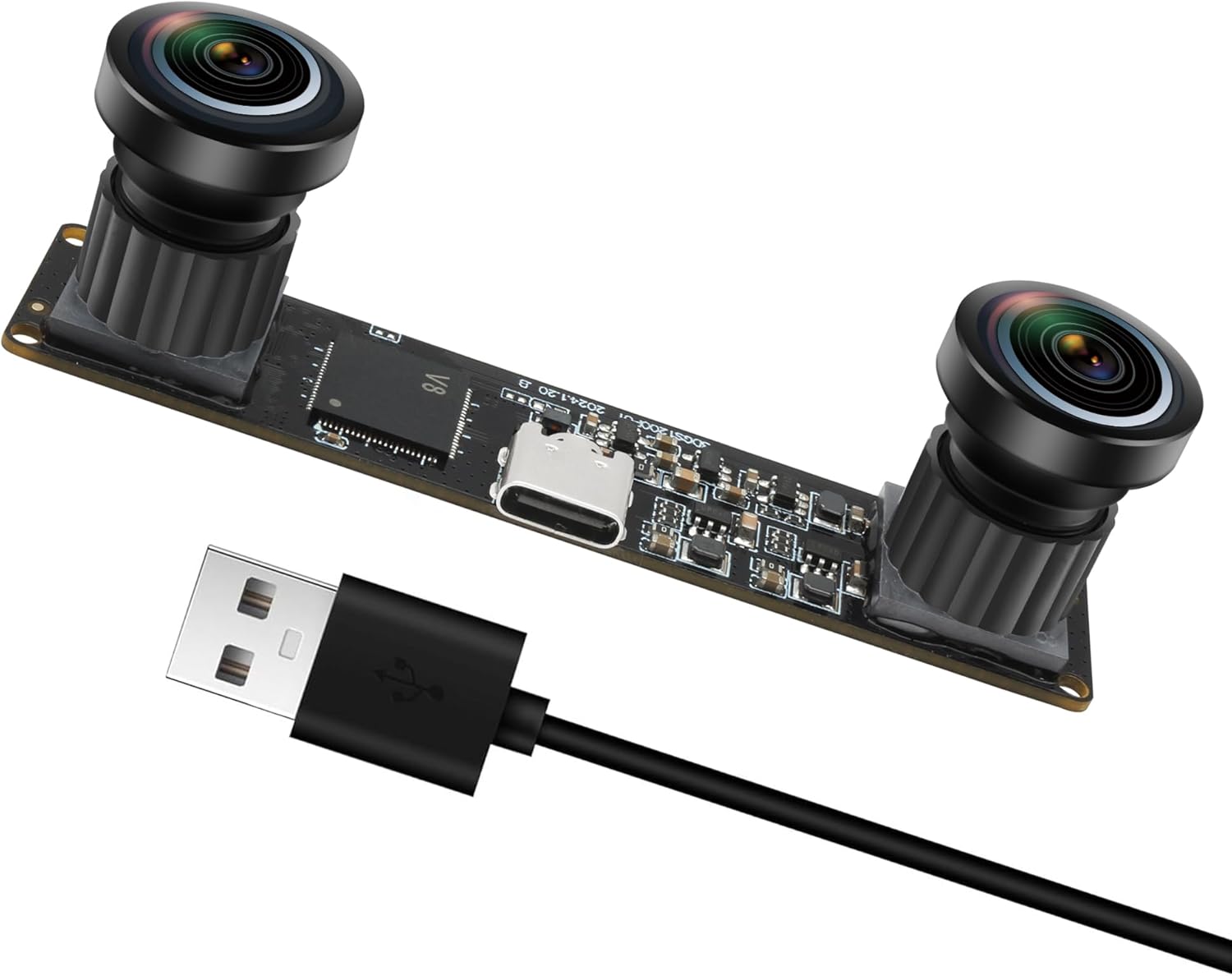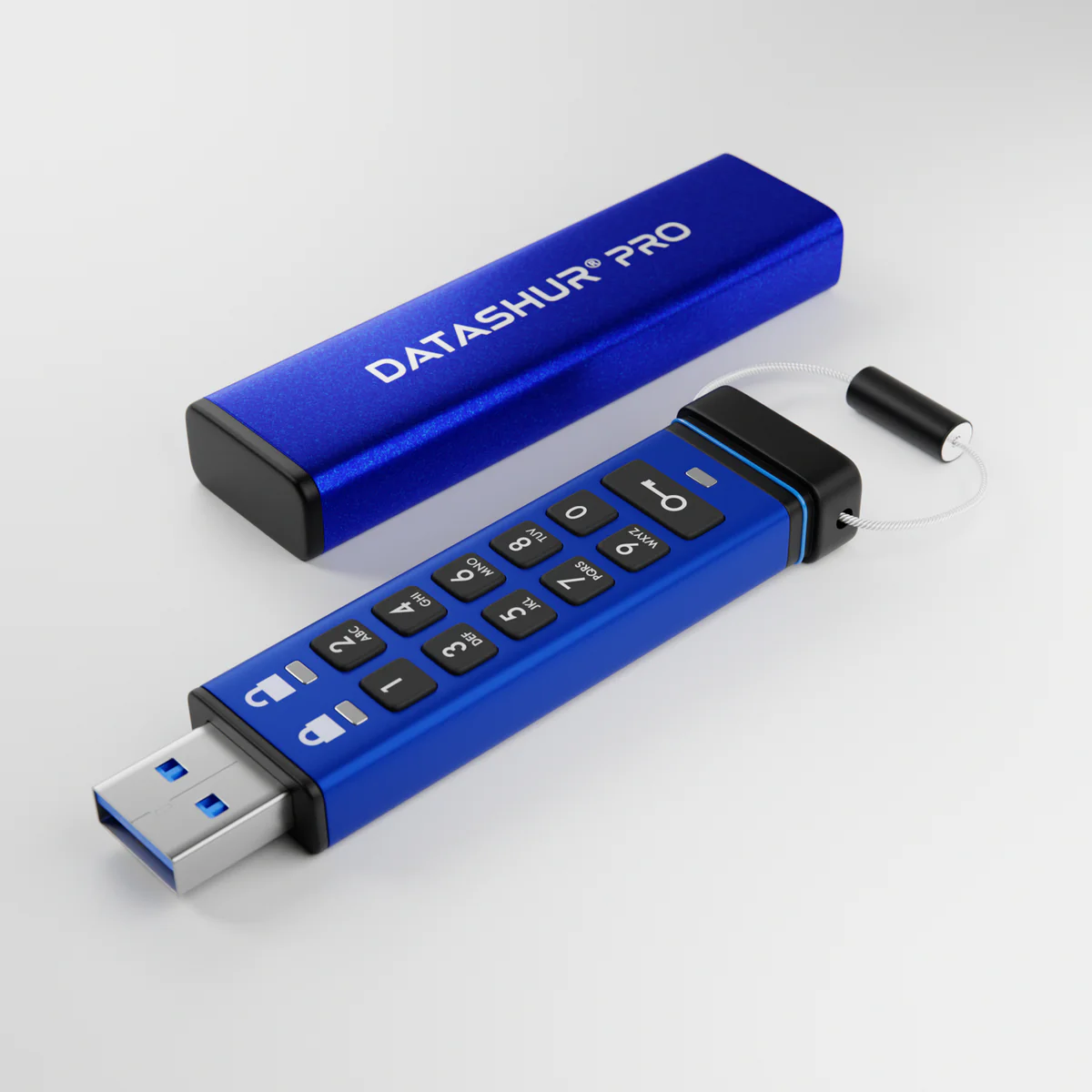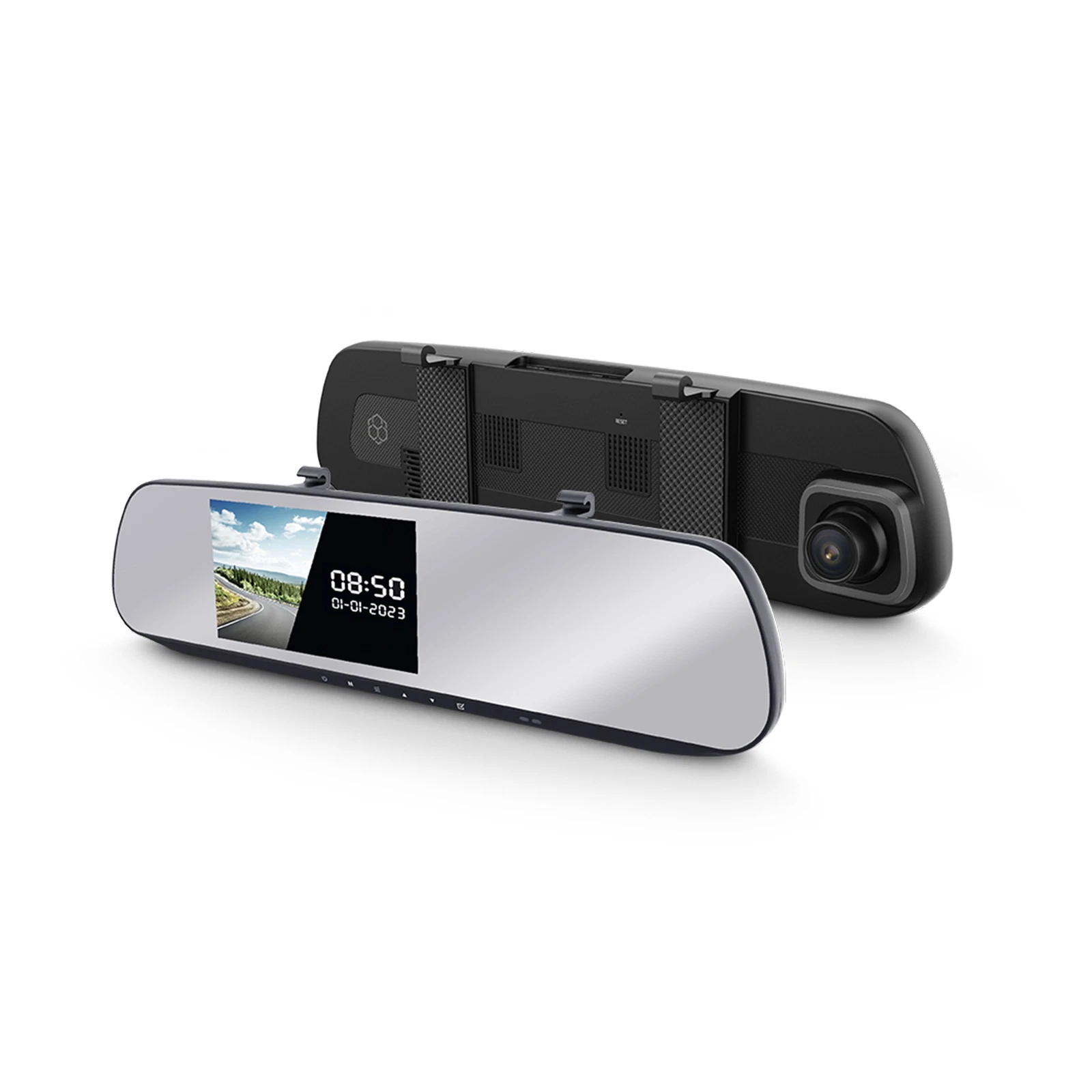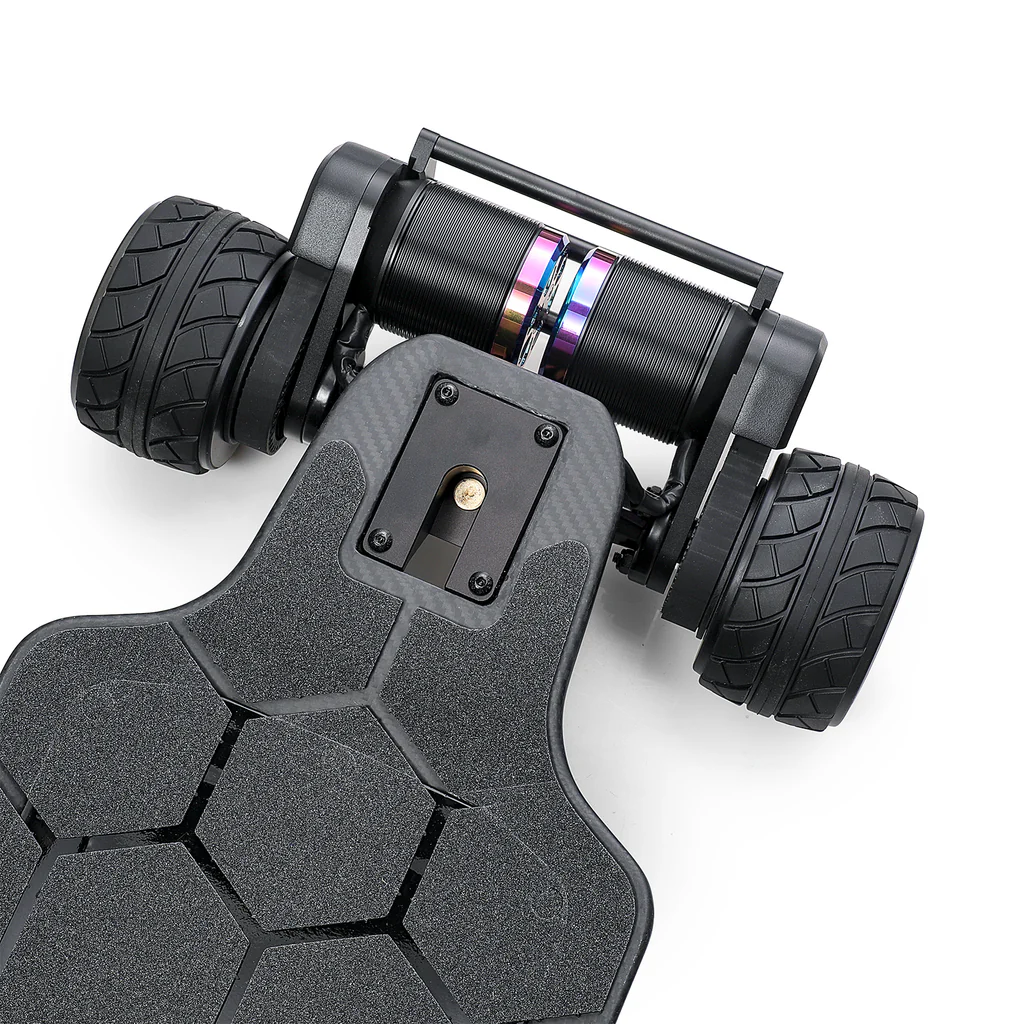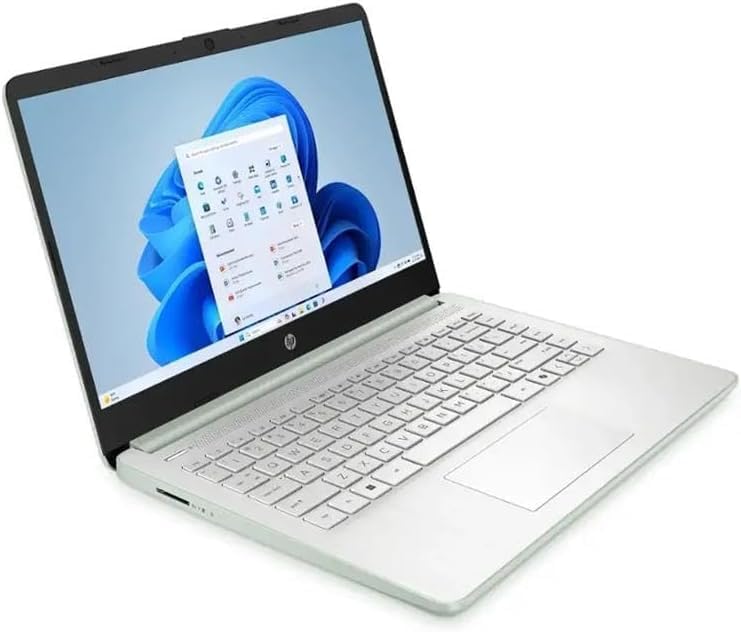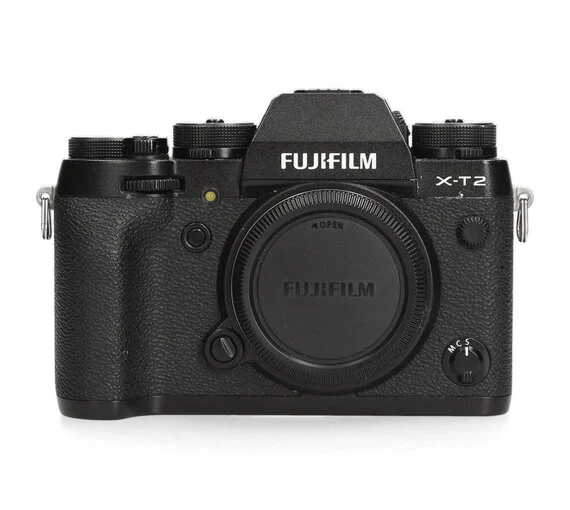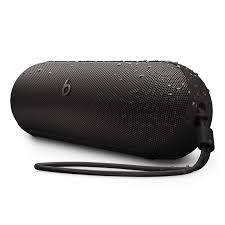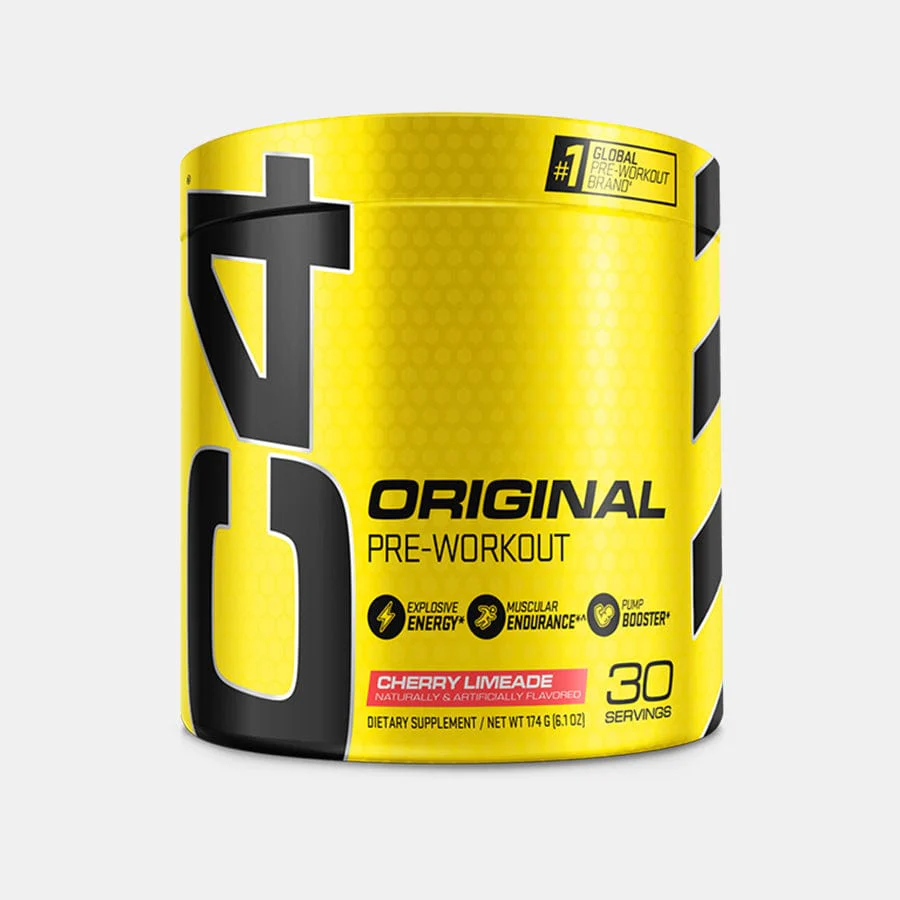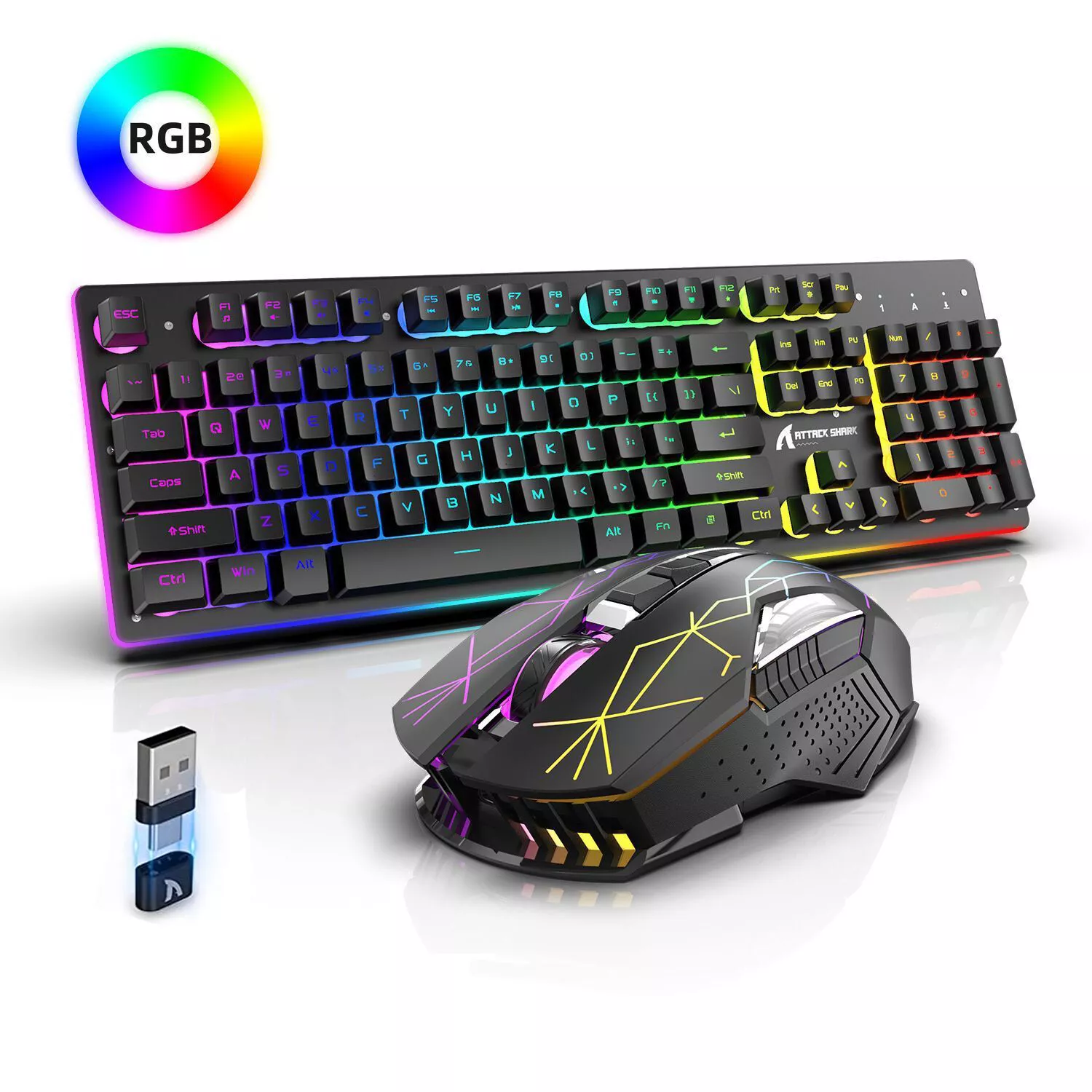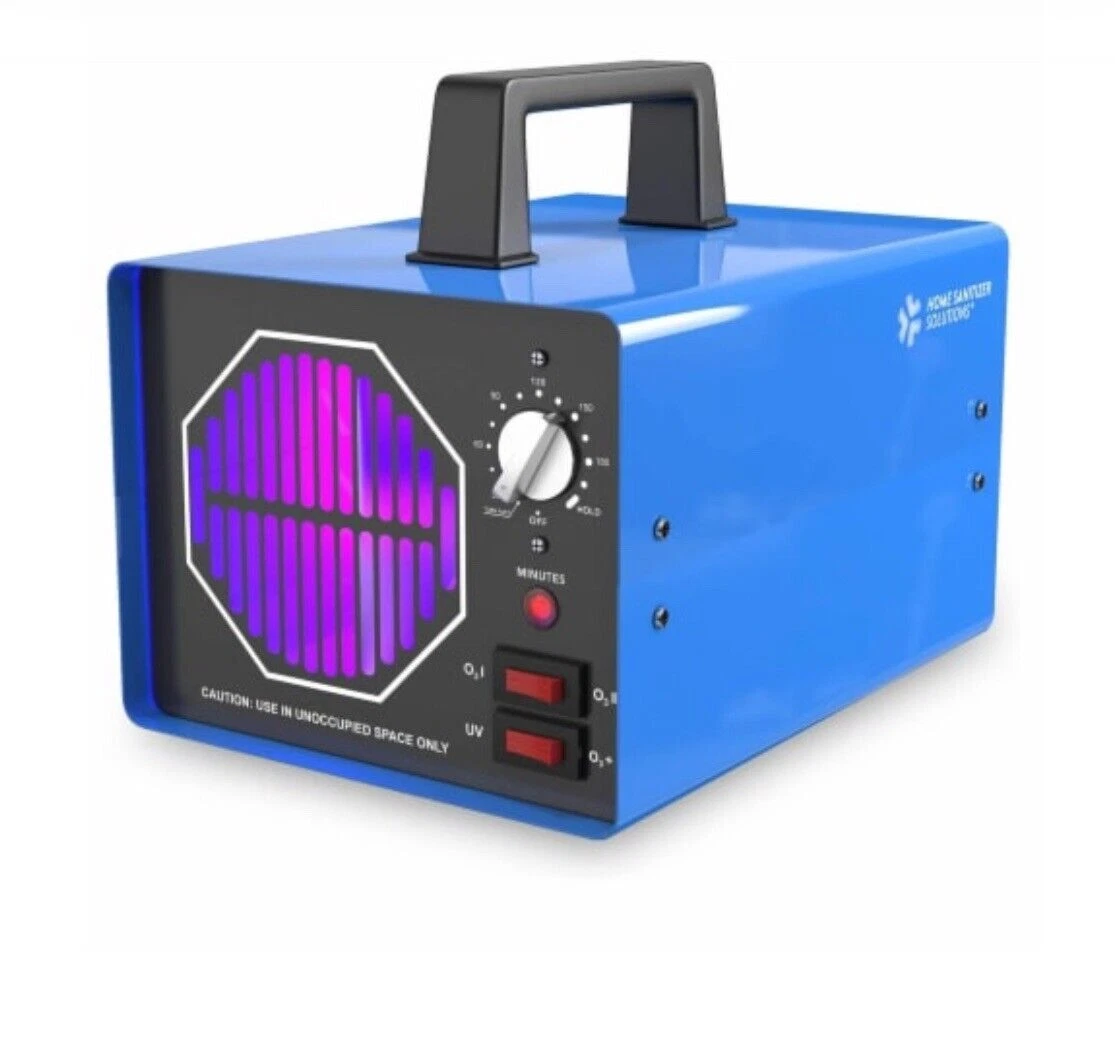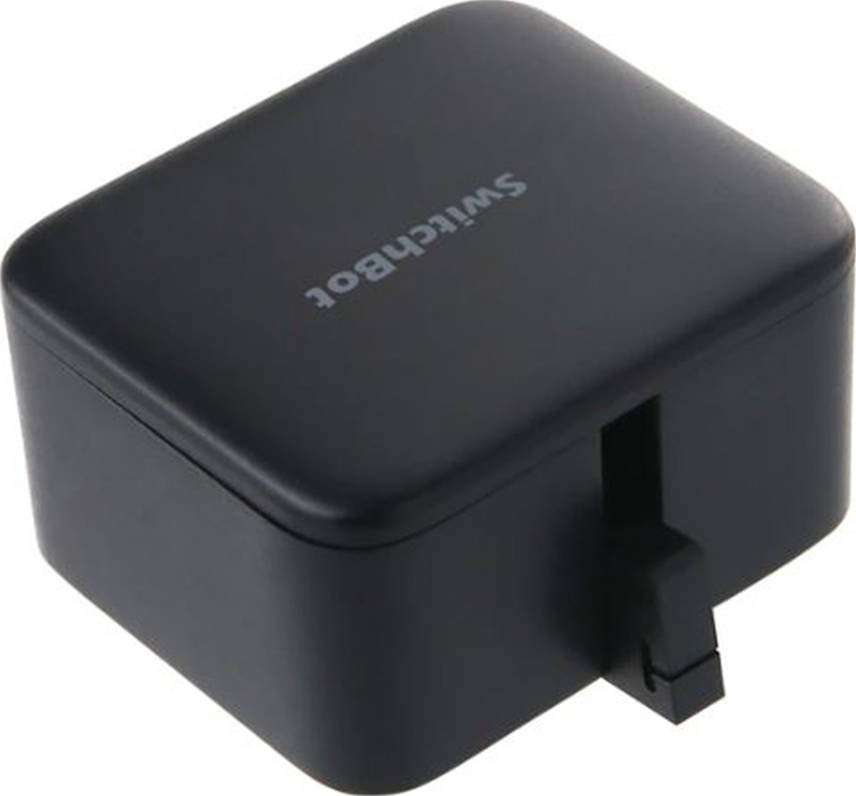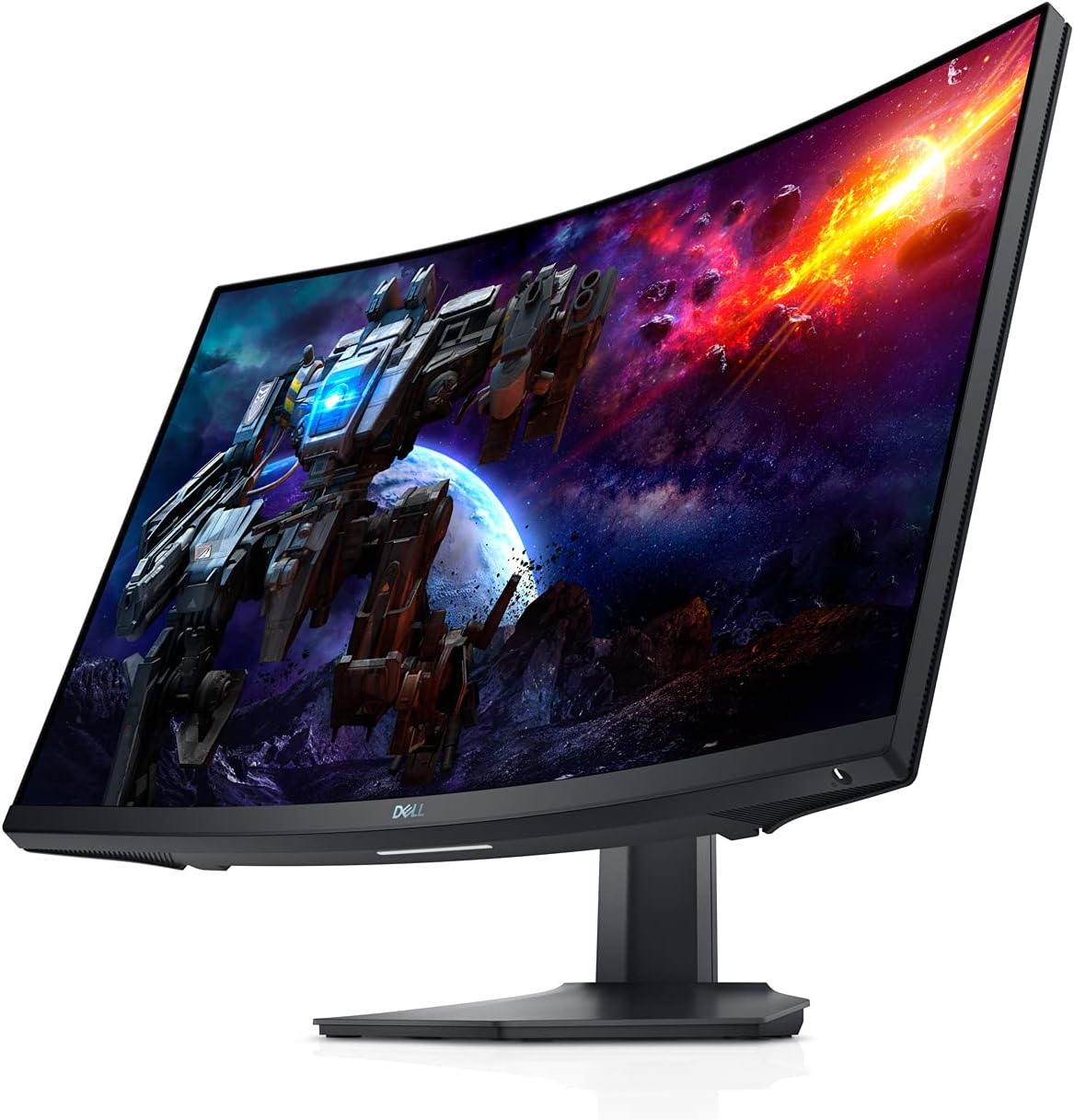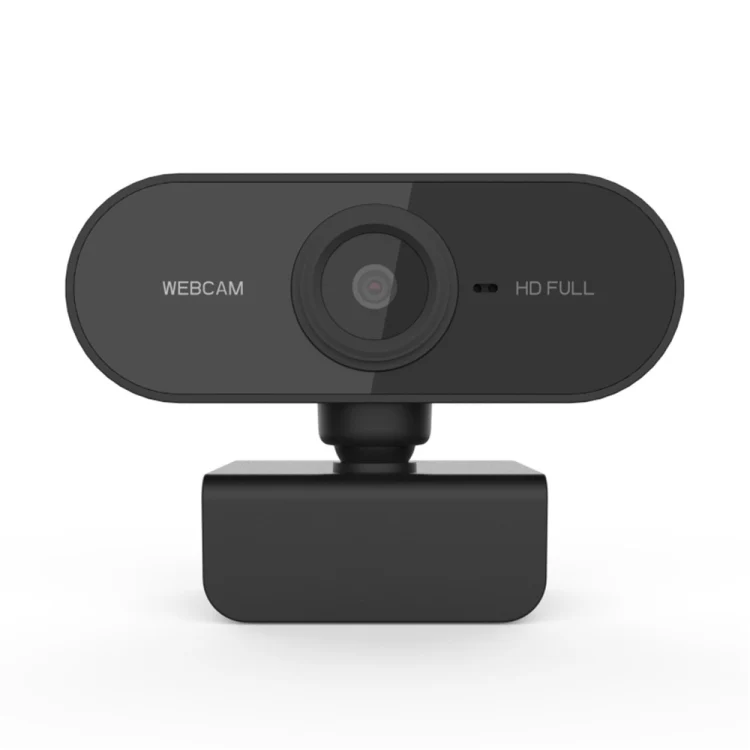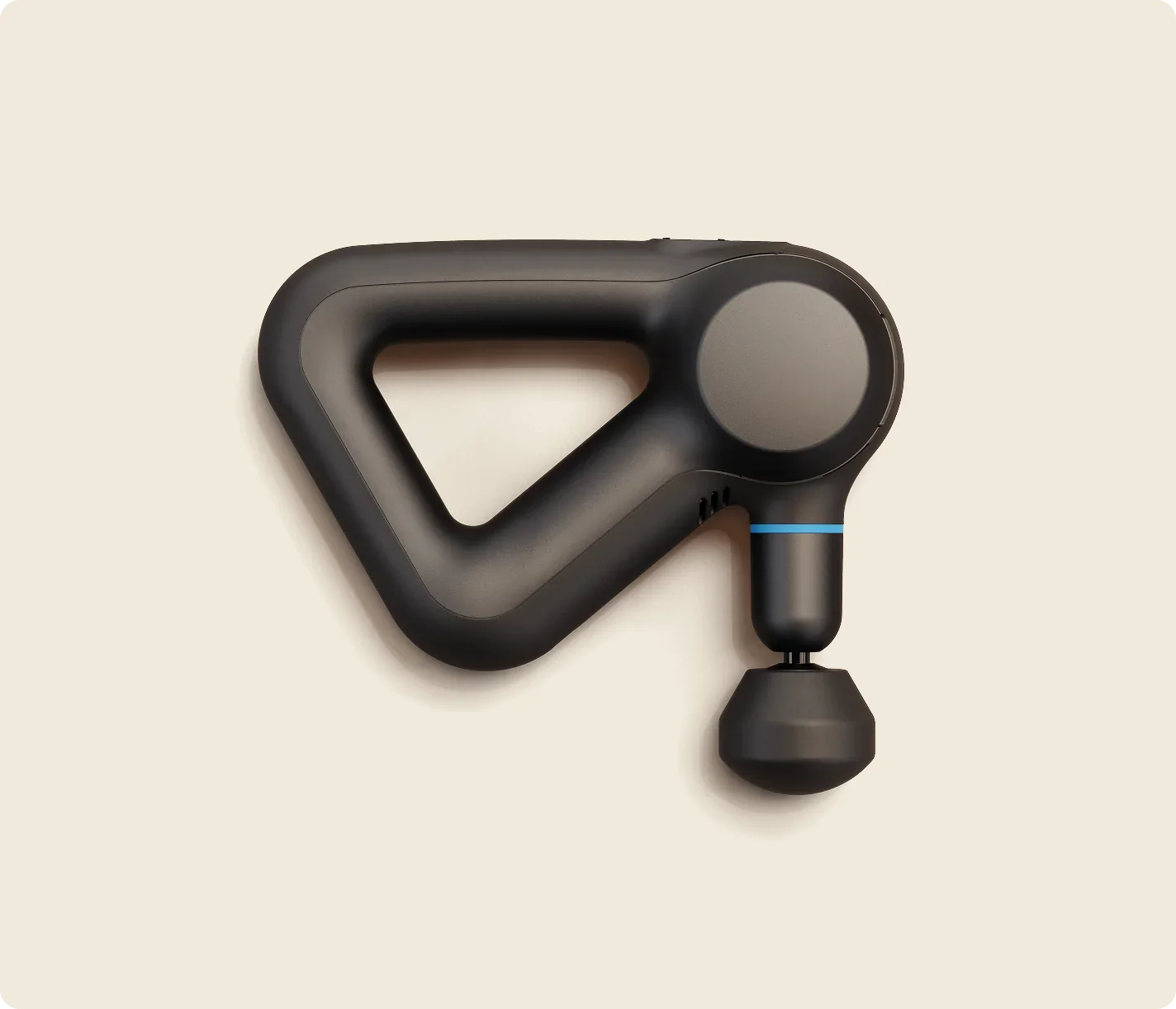In an era where precision imaging, VR integration, and rapid motion capture matter more than ever, the MMlove USB Stereo Camera Module brings an exceptional feature set to engineers, creators, makers, and developers. Compact yet advanced, this high-performance stereo camera offers 1200P 60FPS with a global shutter, synchronous dual lens capture, and up to 120FPS at 600P, making it ideal for high-speed 3D data acquisition, depth perception, VR interfacing, and robotic vision.
Whether you’re building a custom machine vision setup, developing VR applications, working with Lightburn for laser engraving, or prototyping on a Raspberry Pi, this module gives you unmatched stereo precision in real time.
Shop MMlove USB Stereo Camera Module
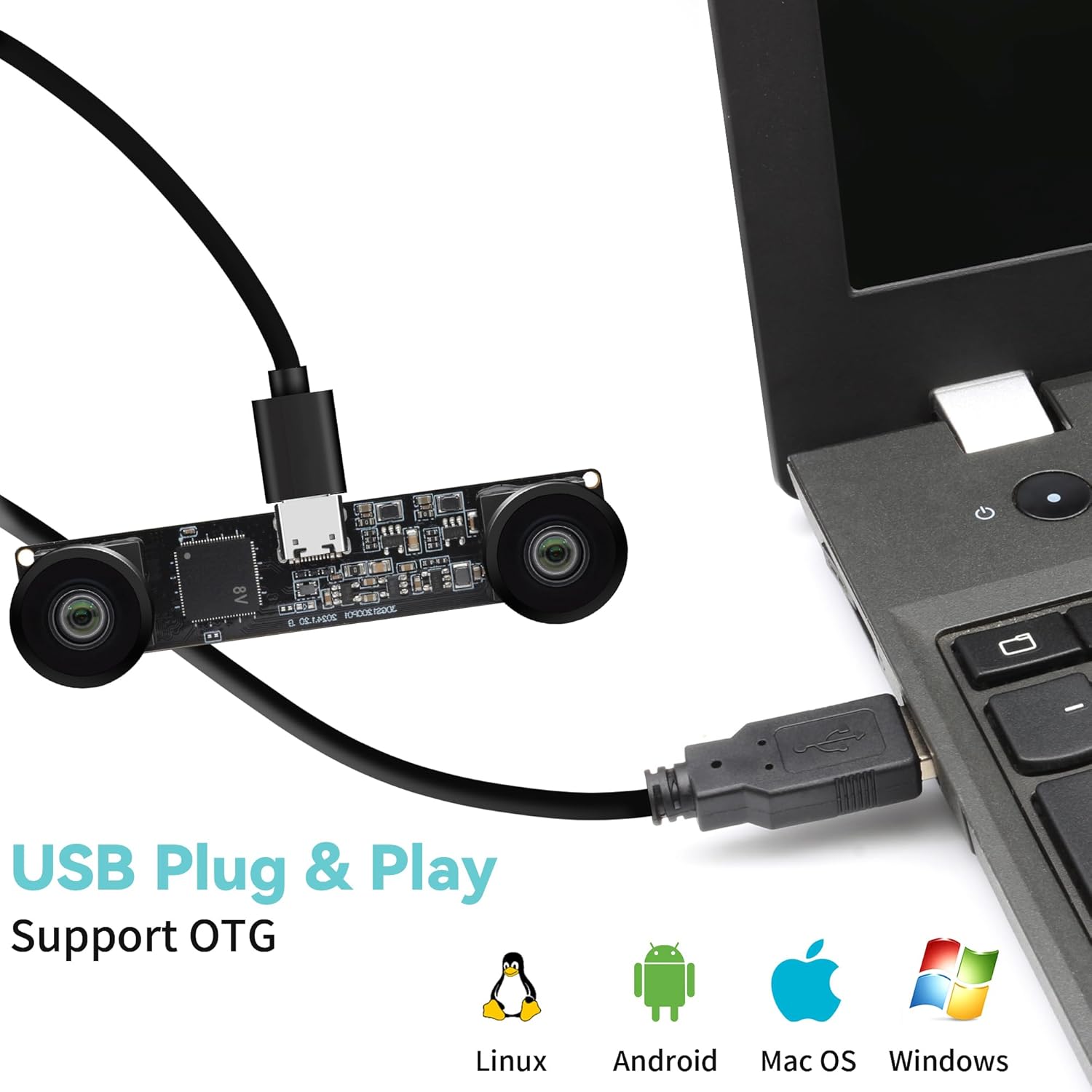
Compact Module, Advanced Optics – Designed for Developers and Vision Systems
The MMlove USB Stereo Camera Module isn’t a generic consumer webcam—it’s built for technical users who need hardware-level precision and synchronization. With dual image sensors, an adjustable stereo baseline, and support for 3D vision pipelines, this unit goes beyond basic video capture.
Its ultra-compact form factor makes it perfect for embedded systems, drones, robots, and other space-constrained projects. The housing is robust and developer-friendly, designed to be mounted easily on DIY rigs, VR goggles, lab tripods, or CNC machines.
Dual Lens, Synchronous Capture – 3D Imaging at Its Core
Unlike traditional webcams that offer a single point of view, the MMlove Stereo Module features synchronous dual lenses, enabling true stereo image capture for 3D reconstruction, disparity mapping, and spatial awareness.
With hardware-level synchronization, both sensors operate in lockstep to ensure temporal accuracy—a critical requirement for applications like:
- VR/AR environment mapping
- Stereo depth vision for robotics
- Human pose estimation in motion capture
- SLAM (Simultaneous Localization and Mapping)
- 3D scanning or measurement with Lightburn
You get precise left and right image feeds ready for stereo calibration and depth map processing using OpenCV, ROS, or other computer vision libraries.
Shop MMlove USB Stereo Camera Module
Global Shutter Technology – Eliminate Motion Blur
One of the defining features of the MMlove USB Stereo Camera Module is its global shutter system. While most affordable cameras use rolling shutters that cause distortion when capturing fast-moving objects, a global shutter captures the entire frame simultaneously.
This matters because:
- Fast-moving parts (like robot arms or conveyor belts) appear clearly
- Motion blur and distortion are eliminated, even at high frame rates
- Captured 3D data is more accurate for real-time applications
- Synchronization between lenses is more precise
For applications in robotics, motion tracking, laser scanning, or 3D modeling, the benefits of a global shutter are significant.
High-Speed Performance – Up to 120FPS at 600P
Whether you’re capturing slow-motion footage, analyzing rapid movement, or controlling a system in real time, the MMlove Stereo Camera delivers high-speed capture at up to 120 frames per second in 600P resolution.
This allows:
- Real-time feedback in robotic arms or drones
- Smoother motion detection in gesture systems
- Low-latency imaging for VR/AR pipelines
- High-temporal-resolution video for physics simulations or academic research
The 120FPS mode is ideal for lightweight computational scenarios or embedded use cases where frame timing is critical.
Shop MMlove USB Stereo Camera Module
1200P at 60FPS – Clarity Meets Speed
For standard resolution workflows, the camera provides 1200P video at 60FPS, delivering excellent sharpness for most projects:
- Video recording with 3D depth
- AI model training (vision datasets)
- Object tracking in Python/OpenCV
- Augmented reality calibration or positioning
- Dual-stream stereo recording with hardware sync
The balance of resolution and frame rate makes it a perfect tool for users who need both visual detail and smooth motion, whether on a laptop, desktop, or embedded board.
112° Wide-Angle Field of View – Capture the Full Scene
Equipped with a 112-degree wide-angle lens, this stereo camera module can capture more of the environment in a single frame. This is critical for applications like:
- Room-scale VR setup
- Multi-person tracking
- Spatial mapping for SLAM
- Immersive remote collaboration environments
- CNC machine vision or object tracking
The wide field of view enables broad spatial awareness while preserving distortion correction and optical clarity across both lenses.
Shop MMlove USB Stereo Camera Module
Lightburn Compatible – Ideal for Laser Engraving and CNC Use
For makers and tinkerers working with Lightburn software or CNC engraving hardware, this stereo camera module offers seamless integration. It can assist in:
- Accurate material alignment
- Laser path visualization and adjustment
- Real-time video overlay inside Lightburn
- Remote monitoring and camera-assisted engraving
Thanks to its high refresh rate and distortion-free imaging, it fits perfectly into custom Lightburn setups where conventional webcams fall short.
Broad Compatibility – Plug-and-Play with Multiple Platforms
This camera isn’t locked to any single platform. It offers broad cross-system compatibility, including:
- Windows (UVC driver supported)
- Linux (Ubuntu, Raspbian, Jetson Nano)
- MacOS
- Raspberry Pi 3B/4B/5
- PCs, laptops, industrial controllers
You can use it with OpenCV, ROS (Robot Operating System), TensorFlow, Lightburn, or any other UVC-compatible platform. No proprietary drivers are required—just plug it into a USB port and start capturing.
Shop MMlove USB Stereo Camera Module
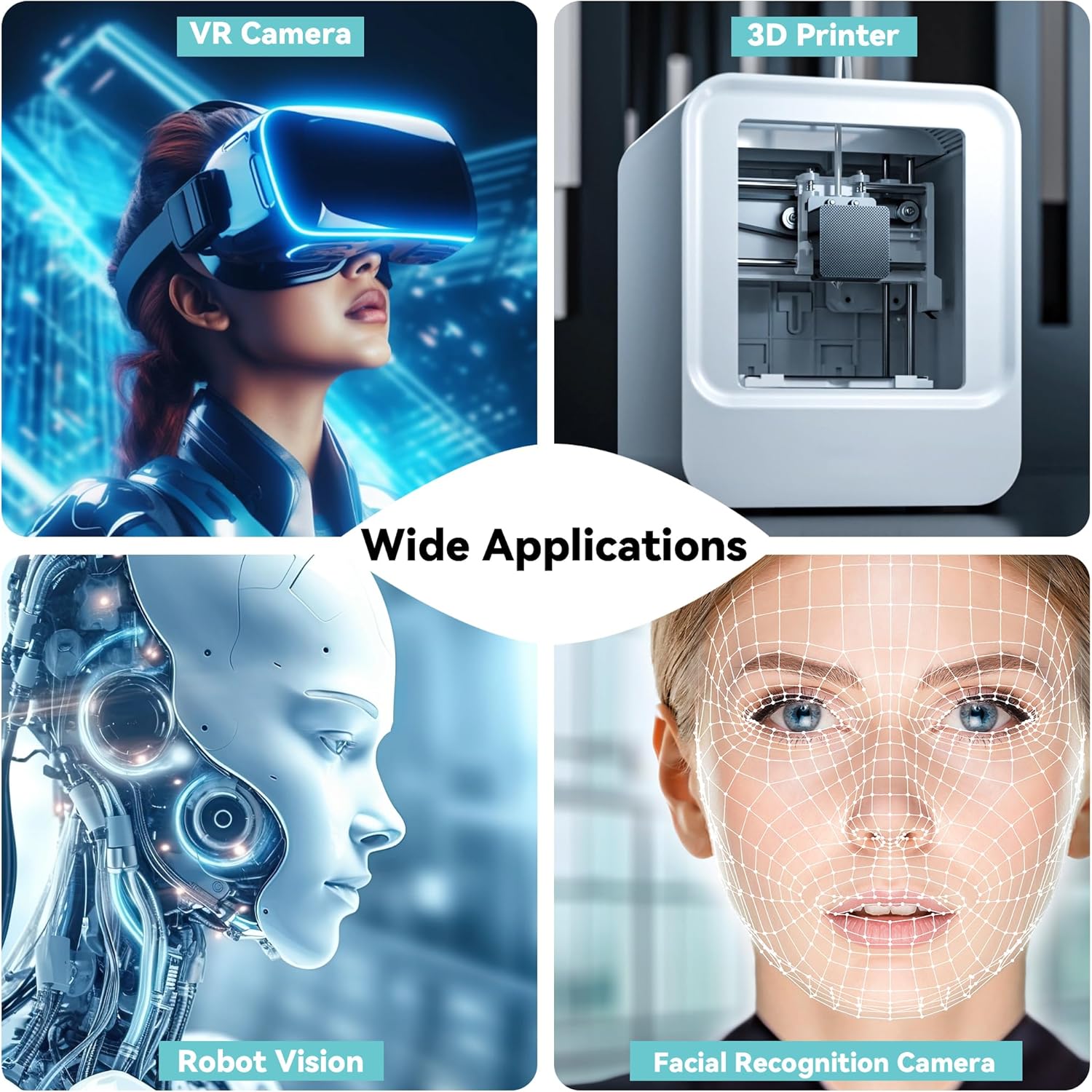
Ideal for Raspberry Pi, VR, Robotics, and More
The MMlove USB Stereo Camera Module is a perfect companion for DIY tech projects, STEM education, and industrial prototyping.
✅ Raspberry Pi Projects
Turn your Pi into a 3D scanner, facial recognition station, or robotics controller with stereo vision.
✅ Virtual & Augmented Reality
Pair it with VR headsets or AR devices for environment tracking, head/hand motion, and 3D calibration.
✅ Robotics & Automation
Enable object detection, motion prediction, or mapping for mobile robots, robotic arms, or drones.
✅ Educational & STEM Labs
Perfect for teaching computer vision, AI, depth perception, or optical engineering in classrooms and labs.
✅ Maker Communities & CNC Enthusiasts
Use it with Lightburn, OctoPrint, or other visual feedback tools for laser engraving, 3D printing, or CNC control.
Technical Specifications
- Resolution:
- 1200P @ 60FPS
- 600P @ 120FPS
- Lens Type: Dual Synchronous Lenses
- Shutter: Global Shutter
- Field of View: 112° wide angle
- Connectivity: USB 2.0/3.0 (UVC protocol)
- OS Compatibility: Windows, Linux, macOS, Raspberry Pi
- Mounting: Compatible with standard holders/tripods
- Format: MJPEG/YUY2
- Dimensions: Compact PCB-style housing
Shop MMlove USB Stereo Camera Module
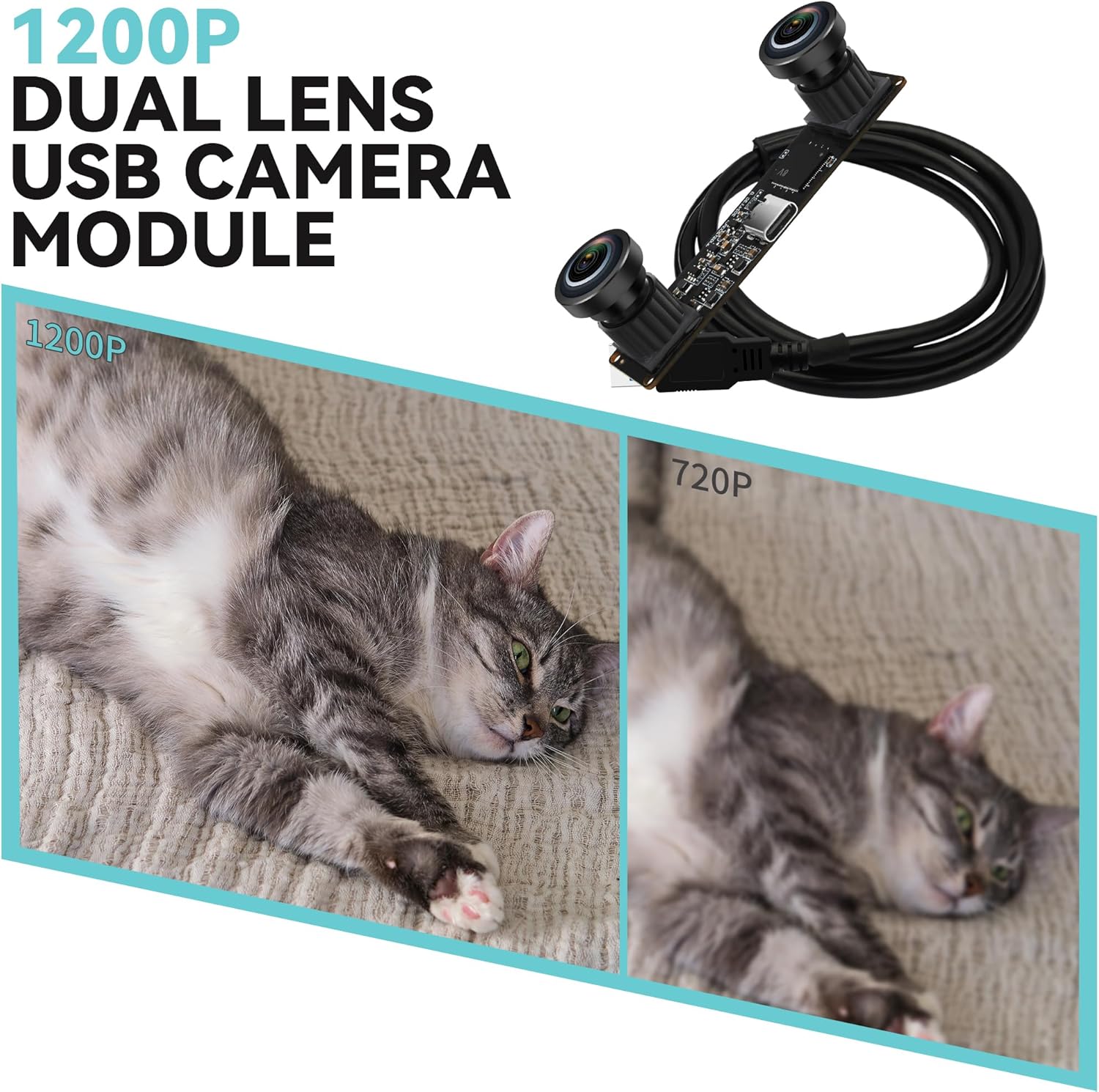
Setup and Integration – Quick and Flexible
Setting up the MMlove Stereo Camera is simple:
- Connect via USB – Plug into any USB port (preferably 3.0 for best speed)
- Recognized Instantly – Shows up as two UVC cameras
- Launch your software – OpenCV, Lightburn, OBS, or any video app
- Configure stereo calibration – Use checkerboard calibration tools with OpenCV or ROS
- Capture, stream, or process – Build real-time or saved video workflows
There’s no need for driver hunting or complex setup scripts. Developers will appreciate the plug-and-play reliability with open-source tools.
Why Choose the MMlove USB Stereo Camera Module?
- ✅ Synchronous dual lens stereo capture
- ✅ Global shutter for crisp, blur-free frames
- ✅ 120FPS high-speed mode for motion-intensive work
- ✅ 112° wide-angle lens for immersive scenes
- ✅ 3D and depth vision ready
- ✅ Works with Raspberry Pi, VR setups, and Lightburn
- ✅ Cross-platform support with open protocols
- ✅ Excellent price-to-performance ratio for developers
Shop MMlove USB Stereo Camera Module
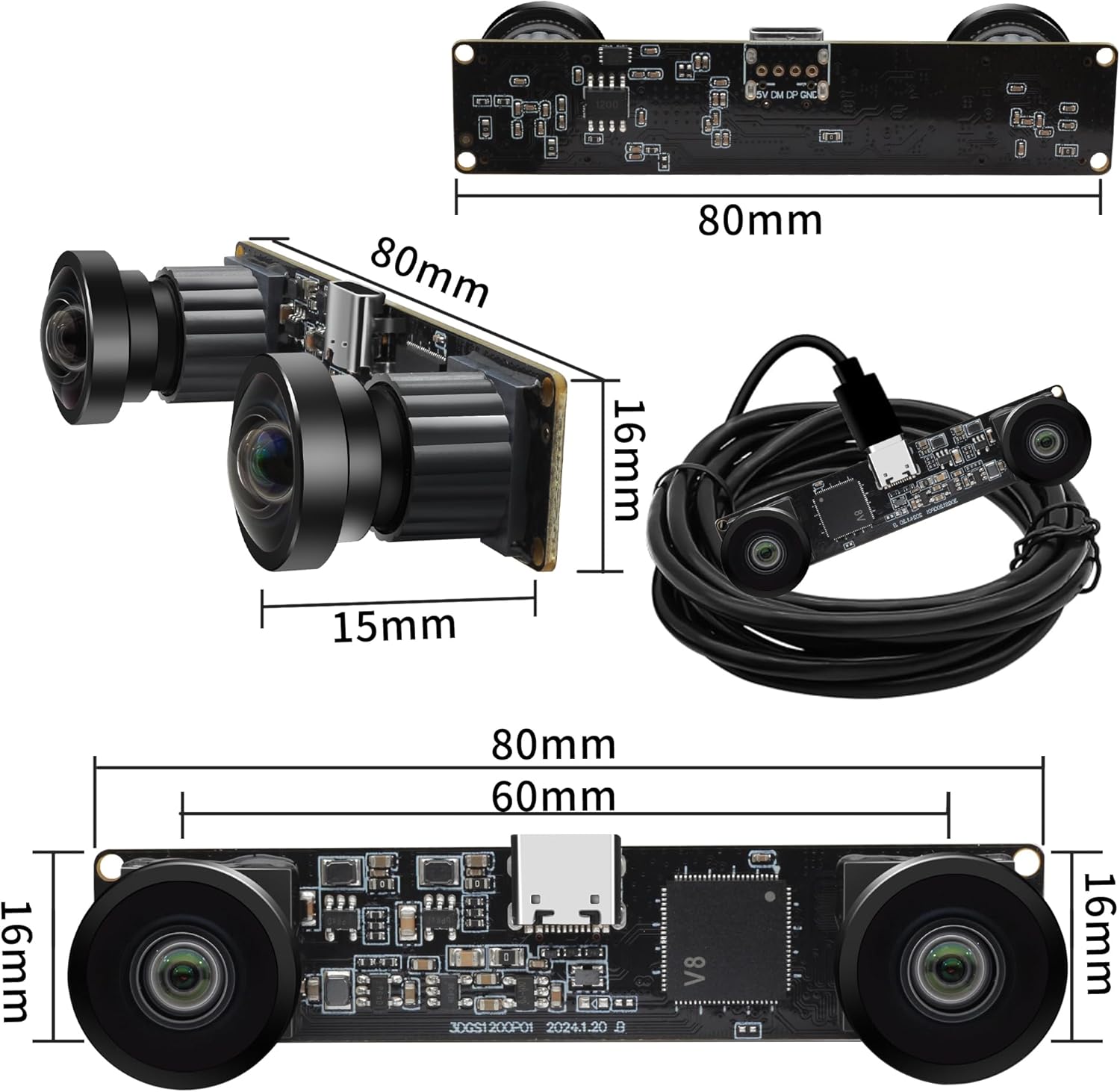
Limitations to Note
While the MMlove Stereo Camera is incredibly capable, it’s important to understand:
- ❌ No onboard AI processing (requires host system compute)
- ❌ Raw image data may need stereo calibration for 3D use
- ❌ Not intended for casual users or video conferencing
- ❌ No built-in microphone or internal storage
This is a professional/developer-grade module and excels when paired with the right software and technical knowledge.
Conclusion
The MMlove USB Stereo Camera Module is a hidden gem in the world of stereo vision hardware. With its global shutter, high-speed performance, and true dual-lens sync, it delivers reliable and accurate 3D video that outclasses standard webcams and hobby-grade alternatives.
Whether you’re building a robotic vision system, developing VR/AR environments, experimenting with computer vision, or simply need a reliable Lightburn camera for your CNC setup, the MMlove camera is a smart, compact, and future-ready choice.
Shop MMlove USB Stereo Camera Module
FAQ
- Can this camera create a 3D depth map?
Yes. With proper stereo calibration (e.g. using OpenCV), you can generate disparity maps and 3D depth data from its synchronized image streams. - Does it support Linux or Raspberry Pi?
Absolutely. The camera works out of the box on Ubuntu, Raspbian, and Jetson Nano, with support for standard UVC protocols. - What’s the advantage of a global shutter?
Global shutters eliminate motion blur by capturing the entire frame at once—ideal for fast-moving scenes or robotics. - Can I use this for Zoom or Teams?
Technically yes, but it’s not designed for general webcam use. Each lens appears as a separate camera input. - How do I mount the camera?
It’s compatible with standard PCB mounts, brackets, or 3D-printed holders. Some users also mount it on tripods or laser engraver frames. - What programming languages work with it?
C++, Python (OpenCV), ROS, and other platforms that support UVC cameras and image processing will work well. - Is this suitable for VR headset development?
Yes. It’s ideal for developers prototyping room-scale tracking, environmental mapping, or stereo rendering calibration. - Does it come with calibration software?
It does not include proprietary software, but you can use free tools like OpenCV or MATLAB for camera calibration and stereo matching.

